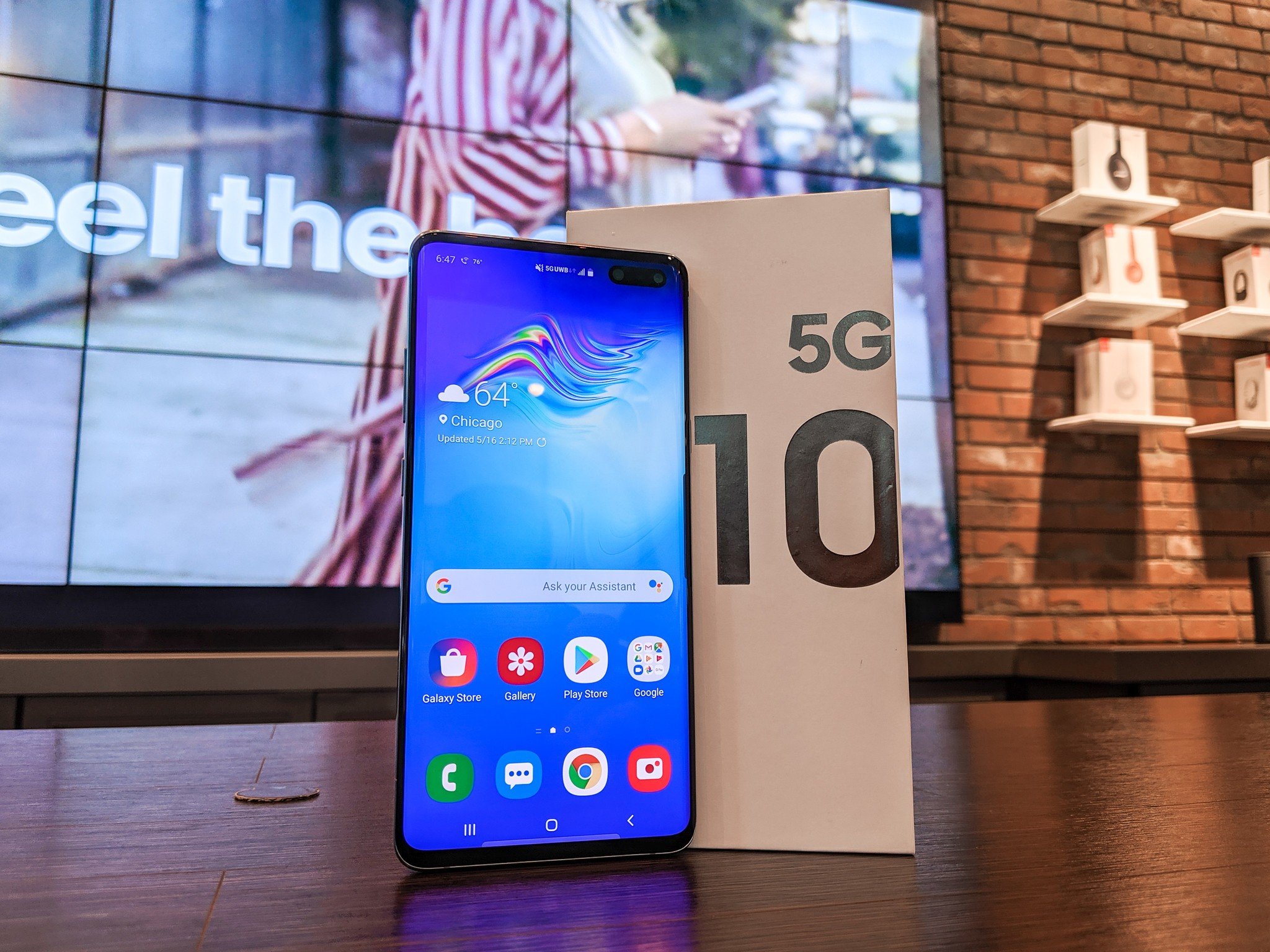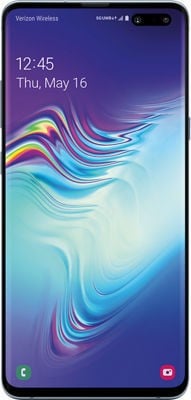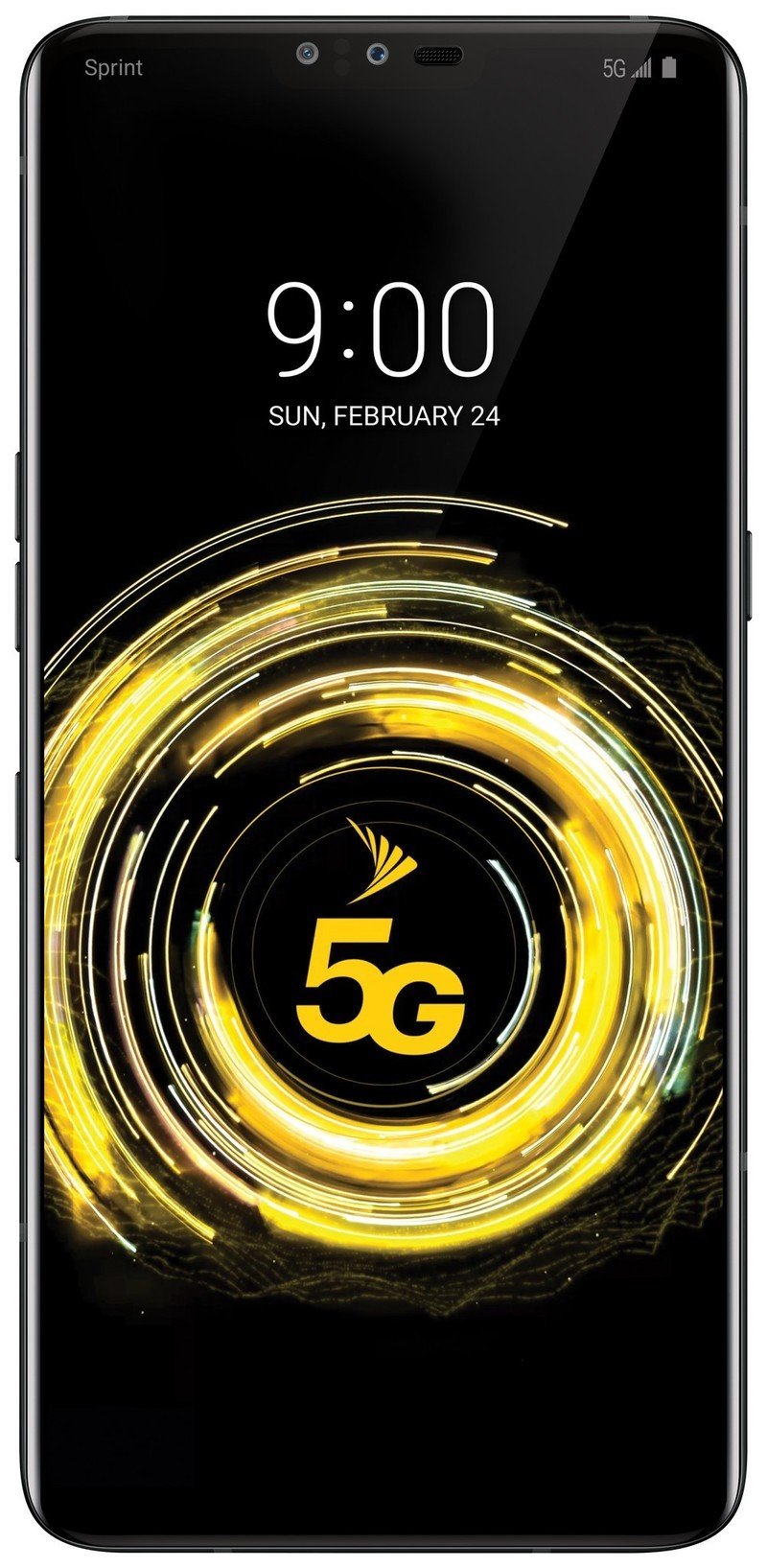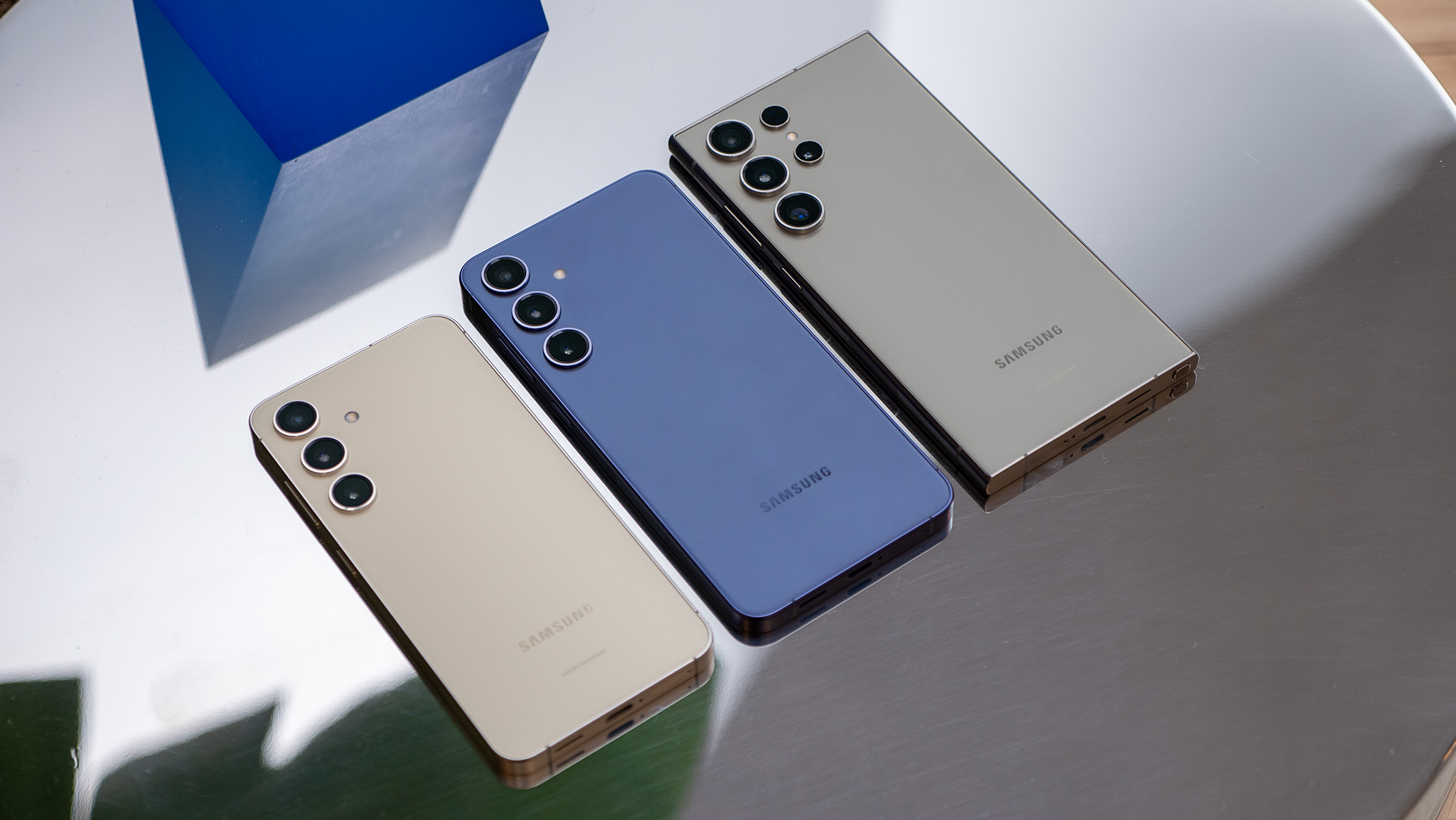Samsung Galaxy S10 5G vs. LG V50: Which should you buy?

Samsung Galaxy S10 5G

The Galaxy S10 5G's biggest strength is that it's just a bigger Galaxy S10+. So even when you're not on 5G, you're getting a great phone. But outside of that, considering its price and Verizon's limited 5G network footprint it's tough to recommend over an LTE model.
Samsung Galaxy S10 5G
Verizon's best
LG V50 ThinQ 5G

The LG V50 is a fine phone, and is relatively competative with the Galaxy S10 5G. That being said, it isn't good enough to warrant switching carriers for — particularly when Sprint's 5G network is still quite small as well. It also is tough to recommend at $1150 when the similar LTE-only LG G8 is available for much less.
LG V50 ThinQ 5G
Sprint's first
Don't change carriers to get 5G right now
The Galaxy S10 5G and LG V50 are the first fully integrated 5G smartphones for the U.S. market, and for that reason they'll be compared. But in the real smartphone market, nobody should be cross-shopping these phones — and that's purely because you shouldn't be switching carriers to get 5G right now.
5G is appealing, but you really shouldn't be cross-shopping networks right now.
5G is incredibly appealing, and for a very specific set of customers it could make sense to spring to get a new phone in order to have those massive download speeds available to you. But unfortunately, the 5G coverage areas for both Verizon and Sprint are small and still relatively spotty compared to the swaths of LTE available at this point.
Further to the coverage point, Verizon and Sprint don't actually have any overlapping 5G markets yet. So even if you were to cross-shop these phones, willing to switch carriers to get 5G, the choice would have to be made first and foremost based on where 5G coverage was available in relation to where you live, work and travel — not the phones themselves.
If you're on Verizon or Sprint already, have the money to burn, and have a reasonable expectation of spending time in the handful of places where one or the other has 5G coverage, then they're fine phones to buy. But if you don't see the value in spending so much extra for a relatively small benefit, the Galaxy S10+ and LG G8 they're based on are great phones that can be hand for hundreds less.
But if you're willing to switch
If you have to have 5G, the Galaxy S10 5G is your better choice here.
With all of that being said, if you understand what you're getting into and are willing to switch carriers to get on the earliest steps of the 5G rollout in the U.S., the Galaxy S10 5G on Verizon is likely the better buy for you. With the realization that you may not use 5G for months after buying the phone, the Galaxy S10 5G offers a better daily experience than the LG V50 — it has a better screen, software and cameras, which all make a far bigger difference than network capabilities.
Be an expert in 5 minutes
Get the latest news from Android Central, your trusted companion in the world of Android
On the network side, Verizon has the advantage in the long run. Even though you may not have access to a 5G network today, there's a better chance on average that Verizon will reach you with a consistent 5G network in the future compared to Sprint. Unless you live in one of the areas where Sprint has already announced its 5G rollout, Verizon's more likely to get that network to you — whether it's actually soon or a couple years from now will depend greatly on where you live. But that Verizon network is also more likely to be there, on average, when you travel as well.

If you have to have 5G, go with Samsung Verizon.
The Galaxy S10 5G will be a great phone to use even when you don't yet have 5G. And because you're using Verizon, there's a better expectation that you'll have the new network in more places faster than Sprint.

Not worth switching carriers for.
The LG V50 is a fine phone, and if you're already on Sprint and live in an initial 5G area it may be appealing. But don't go switch carriers just to get it — there are better buys with just LTE, and Sprint's network prospects aren't as strong as Verizon's.
Andrew was an Executive Editor, U.S. at Android Central between 2012 and 2020.

